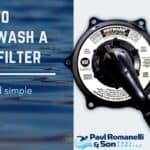An arctic blast can happen at any point during the early fall/winter in the northeast, bringing unexpected freezing temperatures with it, and can cause freeze damage before your pool closing.
It doesn’t take long for pool equipment to freeze in low temperatures. From cracked equipment to burst pipes, freeze damage can be extensive and costly.
If you plan to keep your pool open, then you’ll need to keep the water moving and keep it warm with a pool heater if possible, and use the following tips to prevent freeze damage before your pool closing:
MAINTAIN PROPER POOL WATER LEVEL
Make sure the water is at the mid-skimmer level. This level will keep the water flowing at a constant pace throughout your pool’s system, maintaining a consistent water temperature.
If the water level is too high or too low, there will be circulation issues and damage to the equipment.
INVEST IN AUTOMATIC POOL FREEZE PROTECTION
An automatic freeze protector is a device that detects when the temperature drops close to freezing and runs the pool pump when this happens. It will keep the pump on to circulate water until the outside temperature warms up to a safe temperature above freezing. Please reach out to ask about this equipment, and we will help set up your system for safety.
OPEN ALL POOL VALVES TO PREVENT FREEZE DAMAGE
Double-check that all the valves are open on your pump and filter. This should be done to ensure the water continues to circulate throughout the system.
OPERATE POOL PUMPS 24/7 BEFORE YOUR POOL CLOSING
Keep your pumps running 24/7 in below-freezing temperatures to keep the water circulating, maintain a constant water temperature, and prevent it from freezing. If the water moves at a reasonable velocity through the pool piping and equipment, it won’t freeze.
Variable speed pumps are the hero in this environment as they can be used on low settings to save energy. When it gets really cold and you need emergency freeze protection, you can adjust it to a higher speed.
Also, the best way to avoid having a frozen pool pump is by running it until the temperature is back above freezing.
WINTER POWER FAILURE
If the power fails for any reason, the pool pumps will shut off. Follow these steps as a precaution:
- Unscrew the two drain plugs on your pump and heater and the single filter drain plug.
- Open the filter air bleeder and any closed pool line valves.
- Shut the power off the breaker, so the pump won’t turn on without water inside.
- When power is restored, replace the plugs, prime the pump, and start it up.
WHAT HAPPENS IF THE POOL IS ALREADY FROZEN?
If your pool has already frozen, follow these steps to minimize freeze damage:
- Shut off the pump.
- Turn off the power to your pool equipment at the circuit breaker.
- Use heavy wool blankets or a canvas tarp to form a tent over any pool equipment that is above ground.
- Place a small, portable electric heater inside the tent, turn it on low, and allow for cross ventilation. Another option is to use a hairdryer. But be careful to avoid contact with water when using a heater or hairdryer since it can cause electrocution.
- Remove the pump lid and pour in some warm water to help melt any ice.
- Keep an eye on the equipment as it thaws.
- Once the equipment thaws, inspect the pipes and connections for cracks before turning on the pump. If you find any damage to the pipes, valves, pump body, or filter body, drain the equipment well and contact us to repair the damaged equipment.
In conclusion, the best way to protect your pool system from freeze damage in winter is by properly winterizing your pool before the freezing temperatures arrive.



